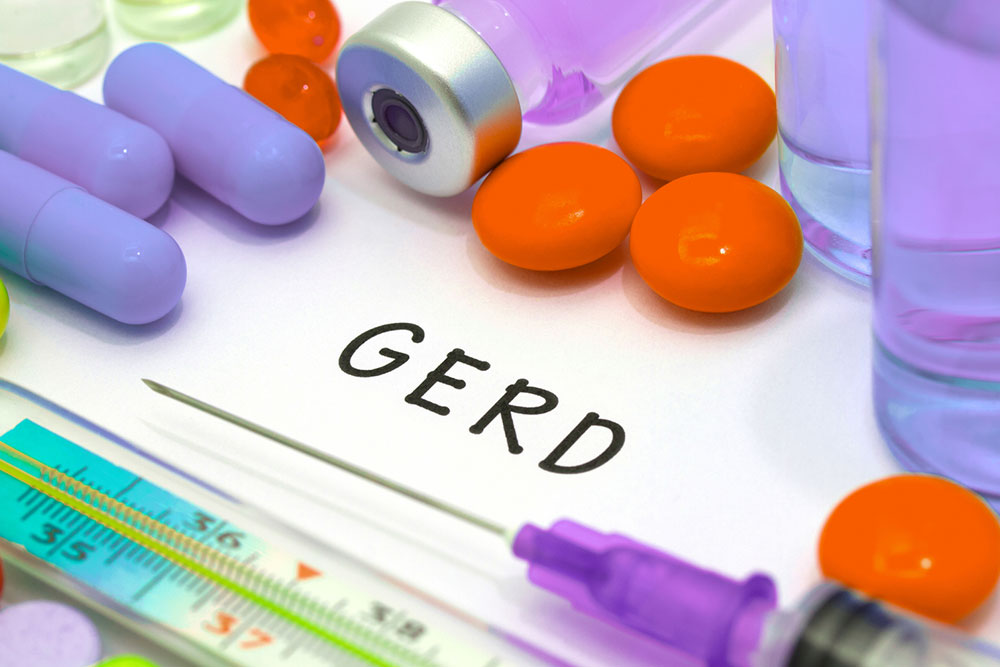
GERD- All that you should know
Gastroesophageal reflux disease (GERD) is caused when acid from the stomach flows back into the tube that connects your mouth and stomach. This tube is called the esophagus. The acidic reflux causes irritation in the lining of the esophagus.
Out of the 60 million people who get heartburn in the country, around 19 million get GERD. It is a very common gastrointestinal disorder. GERD affects nearly 7% of Americans.
The esophageal reflux appears from time to time. When it happens in a mild form, it appears at least twice a week. In case it is severe, it appears at least once a week.
The discomfort is managed by most people as the daily lifestyle makes it easy for them to bear the influx and even if it is a little serious, there are some over-the-counter (OTC) medicines that may tackle the acidic reflux with ease.
Yet, there might be situations when one might need stronger medications or surgery to ease out the symptoms.
What are the symptoms of GERD?
Here are some common signs of GERD:
- Severe pain in the chest
- Food regurgitation
- Difficulty in swallowing food as one feels a lump in the throat
- Frequent heartburn characterized by a burning sensation in the chest. This may worsen at night.
If reflux happens to appear during the night, here is what you might experience:
- New asthma or worsening of asthma
- Abrupt sleeping patterns
- Chronic coughing
This is when you should definitely see a doctor:
- If your chest pain is accompanied by jaw or arm pain and you are frequently out of breath. This might even be a sign of a heart attack.
- If you take OTC medicines more than two times per week
- If the symptoms of GERD are frequent
What aggravates GERD?
Some of the factors that aggravate GERD are:
- Obesity
- Pregnancy
- Stomach bulging up into the chest (a hiatal hernia)
- Delaying defecation
- Smoking
- The habit of eating heavy meals late at night
- Frequent consumption of fat-rich foods or fried foods
- Frequent consumption of tea or coffee
- Medications like aspirin
When is surgery an option for GERD?
There are a few circumstances under which surgery is recommended:
- Even after incorporating positive changes in your lifestyle, if you are unable to get rid of GERD, surgery might be the solution. The surgery focuses on either replacing or repairing the valve at the bottom of the esophagus. This repaired or replaced valve will prevent the acid from going back to the stomach.
- The surgery will also help in getting rid of a damaged or impaired lower esophageal sphincter, which in common medical terms, is known as Barrett’s esophagus. Else, it may increase the risk of esophageal cancer. Also, if left untreated, Barrett’s esophagus may result in bleeding or ulcers. In addition, swallowing of food may become extremely difficult as the esophagus may be constricted.
- Surgery might also be seen as a fast-track option to avoid discomfort or long-term medication.
- Last but not least, surgery is a way to avoid any further complications and stay away from an inflamed esophagus.


